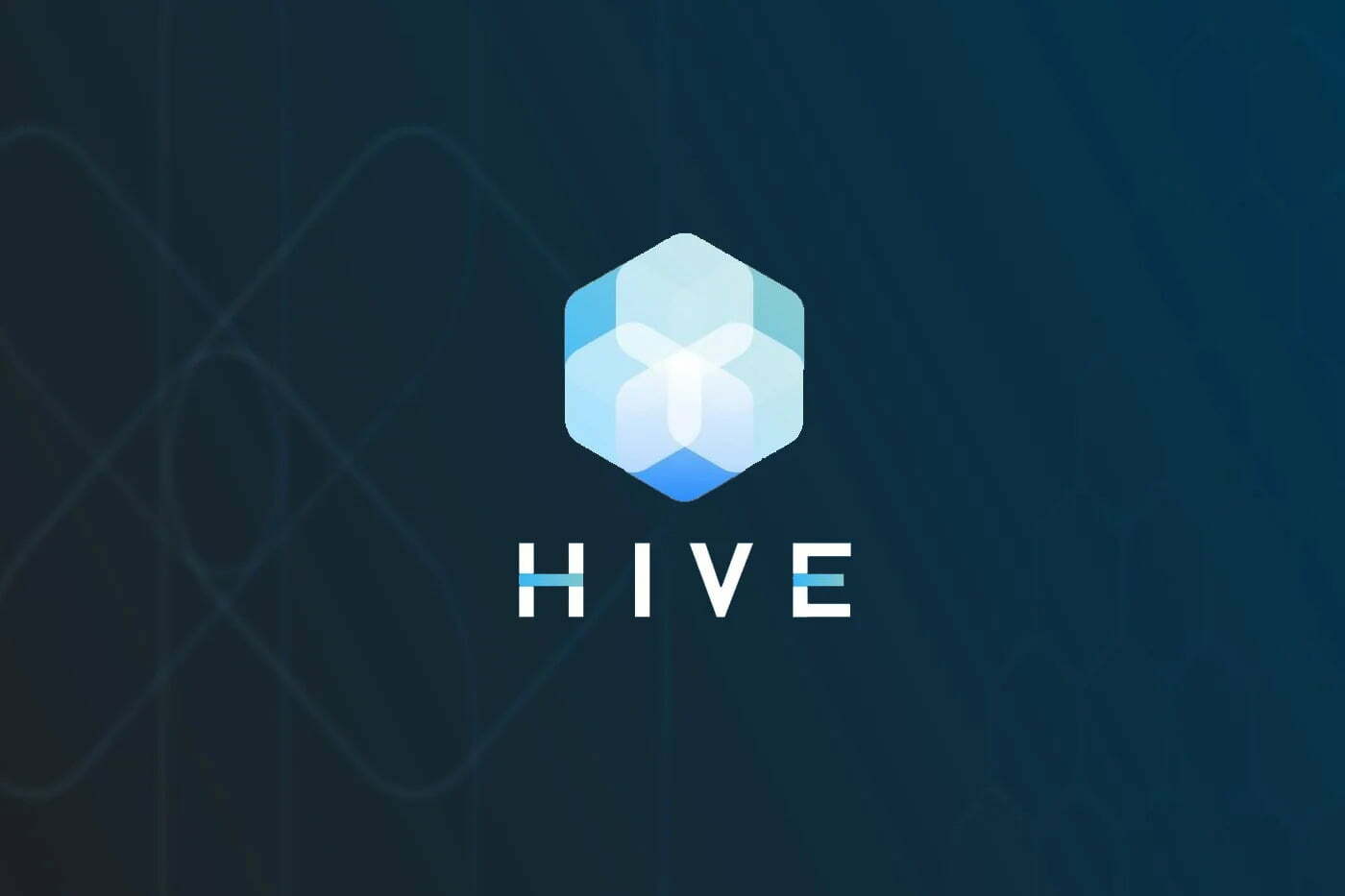Blockchain-based product passports could be the solution to the counterfeiting of luxury goods

Tuesday 13 December 2022 17:45

of Lars Rensing CEO of Protokol
The concept of a secured identity on the blockchain is well known in the Web3 community. But a blockchain-based passport for tangible products is not nearly as well established, despite its distinct application to the persistent problem of luxury counterfeiting.
A luxury item is an item of high value, such as a Rolex watch or a Gucci bag, but it also refers to items of moderate to high value, such as fine wines and cigars.
These can be forged for a fraction of the original cost. Not only does this counterfeiting damage the brand, but the consumer is ultimately affected due to the lower quality of the counterfeit product.
Moreover, the effects of counterfeiting are not localized and harm the wider economy in a myriad of different ways.
Luxury brands are fighting a losing battle
Luxury brands have long fought a losing battle against counterfeiters. Legal action, government lobbying and sophisticated authentication features have proven to be almost entirely ineffective. According to the OECD, total counterfeiting cost around $1.77 trillion in 2019.
Counterfeiting of luxury goods, a subcategory, is expected to reach $1.5 trillion by 2025, unless new measures are introduced to offset these figures. It is a huge market and most counterfeits originate in China, with the US being the worst hit.
Counterfeiters are rarely caught and prosecuted; there is little incentive for them to stop the practice, which is quite frustrating for luxury brands.
And these are simply the historical problems of counterfeiting luxury goods, not to mention the new problems of supply chain management in the 21st century, where today’s consumers want end-to-end traceability.
They want to be able to know accurate information, such as when a luxury item is delivered to their doorstep, along with the carbon footprint of the wider delivery system it is part of, along with high ethical standards from across the brand. .
Modern customers are environmentally conscious and try to minimize their overall carbon footprint. With rising energy prices, out of control oil and gas, and more ecological concerns, companies must also examine the environmental costs of the supply chain.
Governments have already begun cracking down on businesses that do not comply with environmental standards. This trend is likely to increase, which is another reason for business owners to consider blockchain-based product passports.
Enter the blockchain passport solution
To all the problems outlined above, blockchain provides an effective solution. The blockchain is just a new type of database where each element is uniquely identified. The way a blockchain is designed as a database means that counterfeiting is incredibly difficult.
In the case of blockchain passports, each item is associated with a token on the blockchain. Simply put, this token acts as an immutable digital certificate that one can use to claim the luxury item, be it a designer bag, collector’s watch, imported cigar, wine, etc.
Blockchain passports show promise in being a simple and ingenious way to almost completely eradicate billions of dollars in global counterfeit fraud. Although there are some complexities involved in implementing a blockchain layer in a supply chain system, there are simple mechanisms and support for business owners to migrate their existing supply chains to a blockchain-based system that can eliminate counterfeiting issues almost overnight, provided it is properly implemented .
And it’s not just small and ambitious startups that are talking about blockchain passports for supply chain management. IBM recognized the benefits in 2019.
Many new start-ups have already realized blockchain’s applicability to luxury goods. It eliminates existing problems and also provides the opportunity to accommodate modern customer preferences. Modern customers want control, sustainability, transparency and marketability. And millennials make up about 50% of the luxury goods market.
While blockchain passports allow you to authenticate and validate your luxury goods, there are many more benefits. For example, specialized tokenized luxury marketplaces will allow users to easily exchange one luxury item for another.
In addition, the overall carbon footprint of blockchains is extremely low, despite some dubious claims to the contrary, as it is a hyper-efficient database. For example, Ethereum, a major proof-of-stake blockchain, recently underwent a 99.99% reduction in its carbon footprint.
Why should companies care?
For obvious reasons, the luxury goods sector is already migrating to blockchain-based product passports. But blockchain technology can be applied to all businesses with physical product stores, offering a more refined and secure database model.
Tokenization protocols already exist where existing Shopify or WooCommerce databases can be easily converted to a blockchain – basically you associate or convert a product to a token on a one-to-one basis, considering who holds the token, or claims or resolves into the physical. product. Just like a real passport, each token is tied to one specific product, making counterfeiting more difficult.
And this is just the beginning.
























